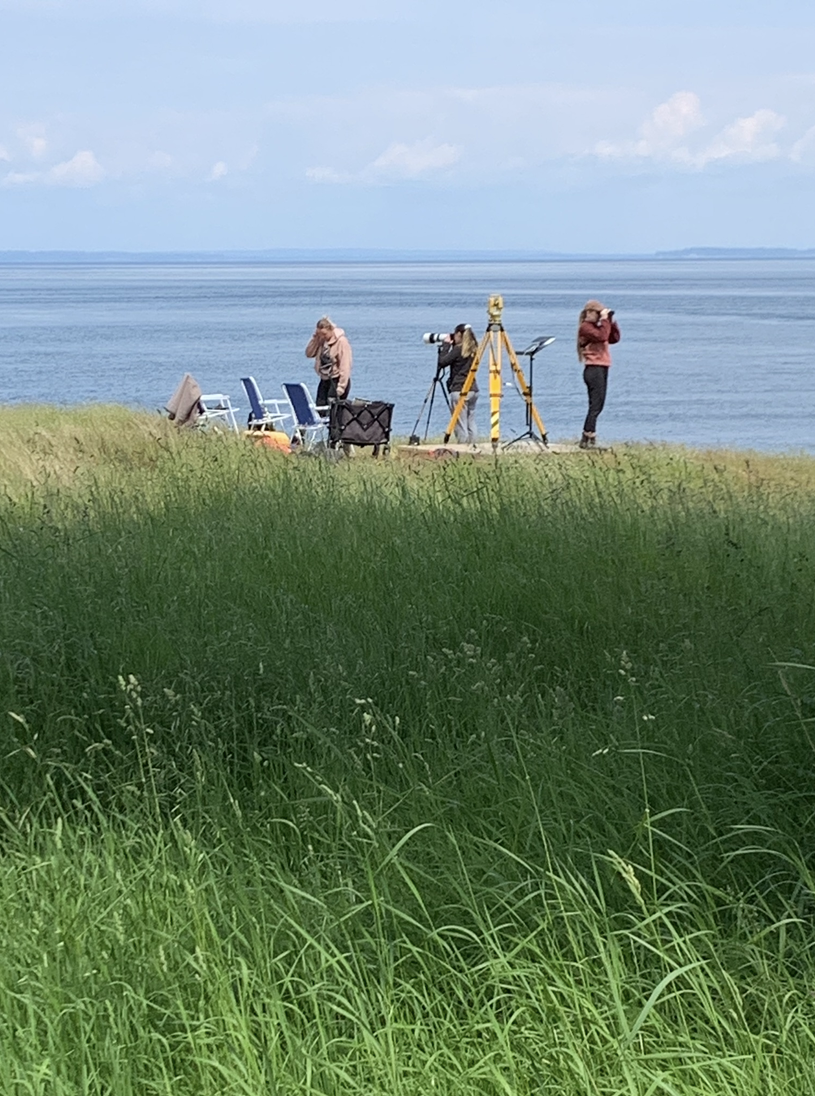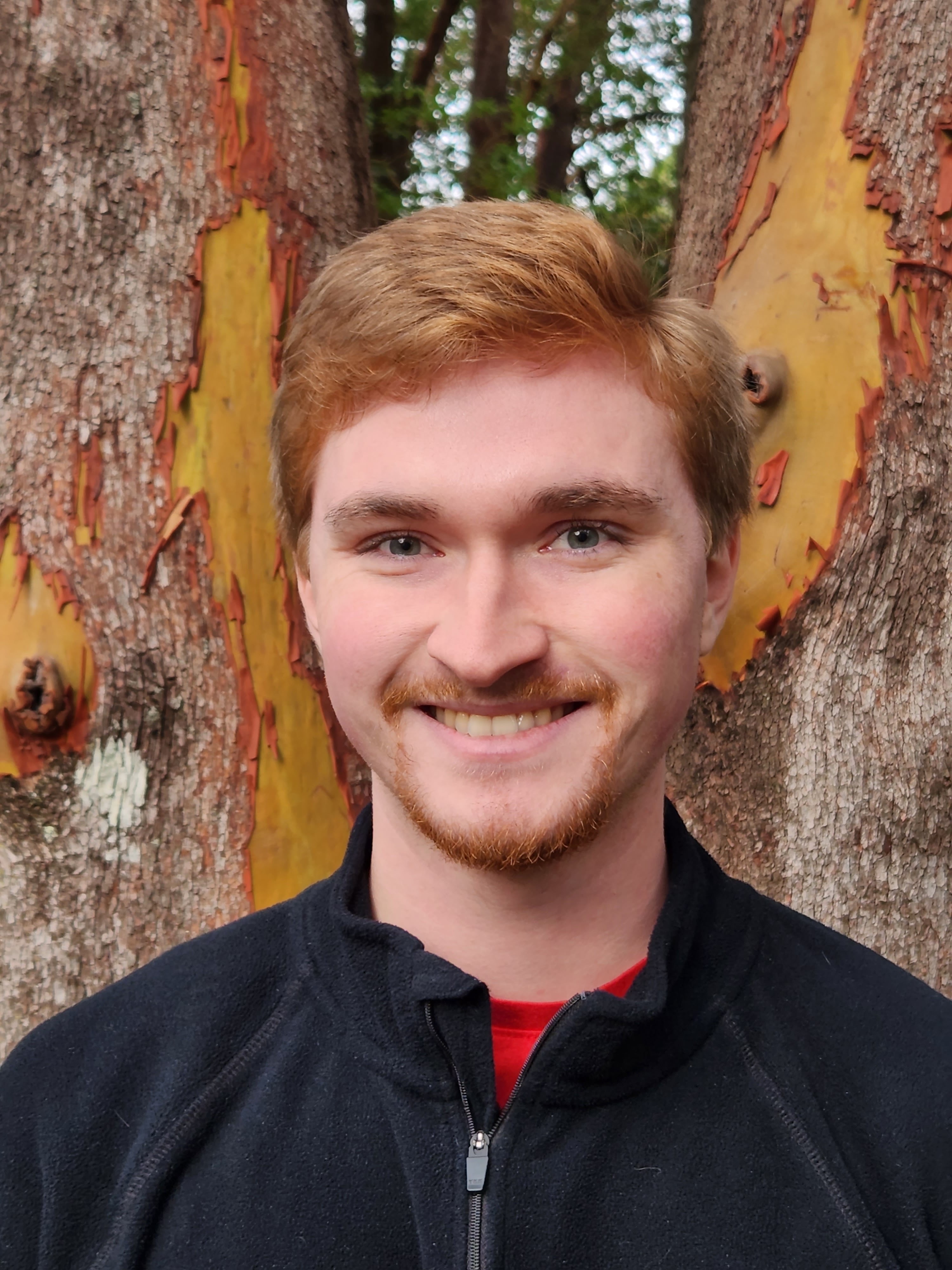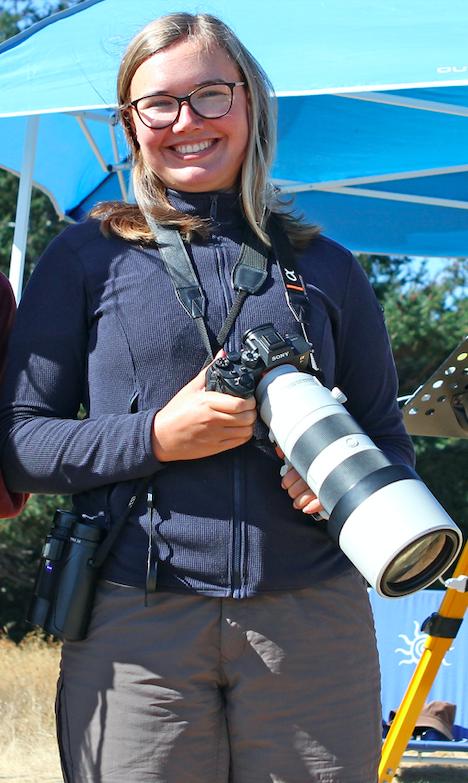New Measures for 2024 to Protect Southern Resident Killer Whales
There will be a new area added to the management measures put in place to help recover the endangered Southern Resident killer whales (SRKW) for the 2024 season. You can find a detailed overview of these measures here
In the later months of 2023, a team of researchers in Dr. Ruth Joy’s laboratory at Simon Fraser University were contracted by Transport Canada to complete a project regarding one of the Interim Sanctuary Zones (ISZs) located in the Salish Sea. Two ISZs were created as marine vessel exclusions zones in key SRKW foraging areas to reduce physical and noise disturbances from boats on the vocally-sensitive SRKW. The objective of the project was to assess the effectiveness of the Saturna Island Interim Sanctuary and to recommend any changes be made to it.





